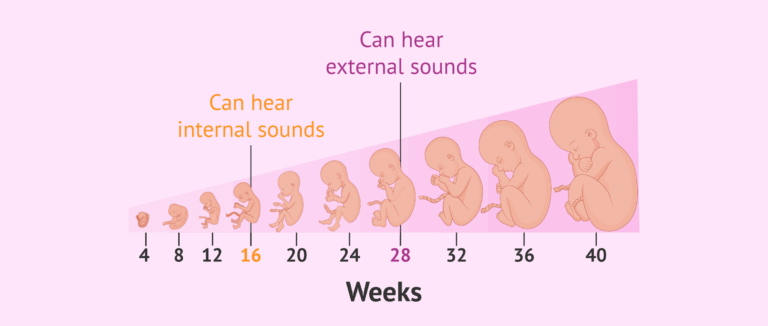Navigating the Challenges of 12 Month Sleep Regression
The transition to toddlerhood brings with it a myriad of developmental milestones and changes, one of which is the dreaded 12-month sleep regression. This temporary disruption in sleep patterns can leave parents feeling exhausted and overwhelmed, but understanding the causes and implementing effective strategies can help minimize its impact.
Sleep regression at 12 months is characterized by frequent night wakings, early morning awakenings, and resistance to bedtime. These sleep disturbances can stem from various factors, including developmental milestones such as increased mobility and language development, cognitive changes like separation anxiety, and environmental triggers like changes in routine or teething.
12 Month Sleep Regression
.png?format=1500w?w=700)
12 Month Sleep Regression is a common issue that affects many babies around the world. It can be a frustrating time for parents, but it’s important to remember that it’s a temporary phase and there are things you can do to help your baby through it.
The 12 Month Sleep Regression is caused by a number of factors, including:
Frequently Asked Questions
How long does 12-month sleep regression typically last?
The duration of 12-month sleep regression varies from infant to infant, but it typically lasts for 2-6 weeks.
Is it necessary to sleep train during 12-month sleep regression?
Sleep training is not always necessary, but it can be helpful in establishing healthy sleep habits and reducing night wakings.
What are some tips for coping with the challenges of 12-month sleep regression?
Caregivers can cope by maintaining self-care, managing stress, and seeking support from partners, family, or professionals.
When should I seek professional help for 12-month sleep regression?
If sleep disturbances are severe, persistent, or accompanied by other symptoms, it’s advisable to consult a healthcare provider.





